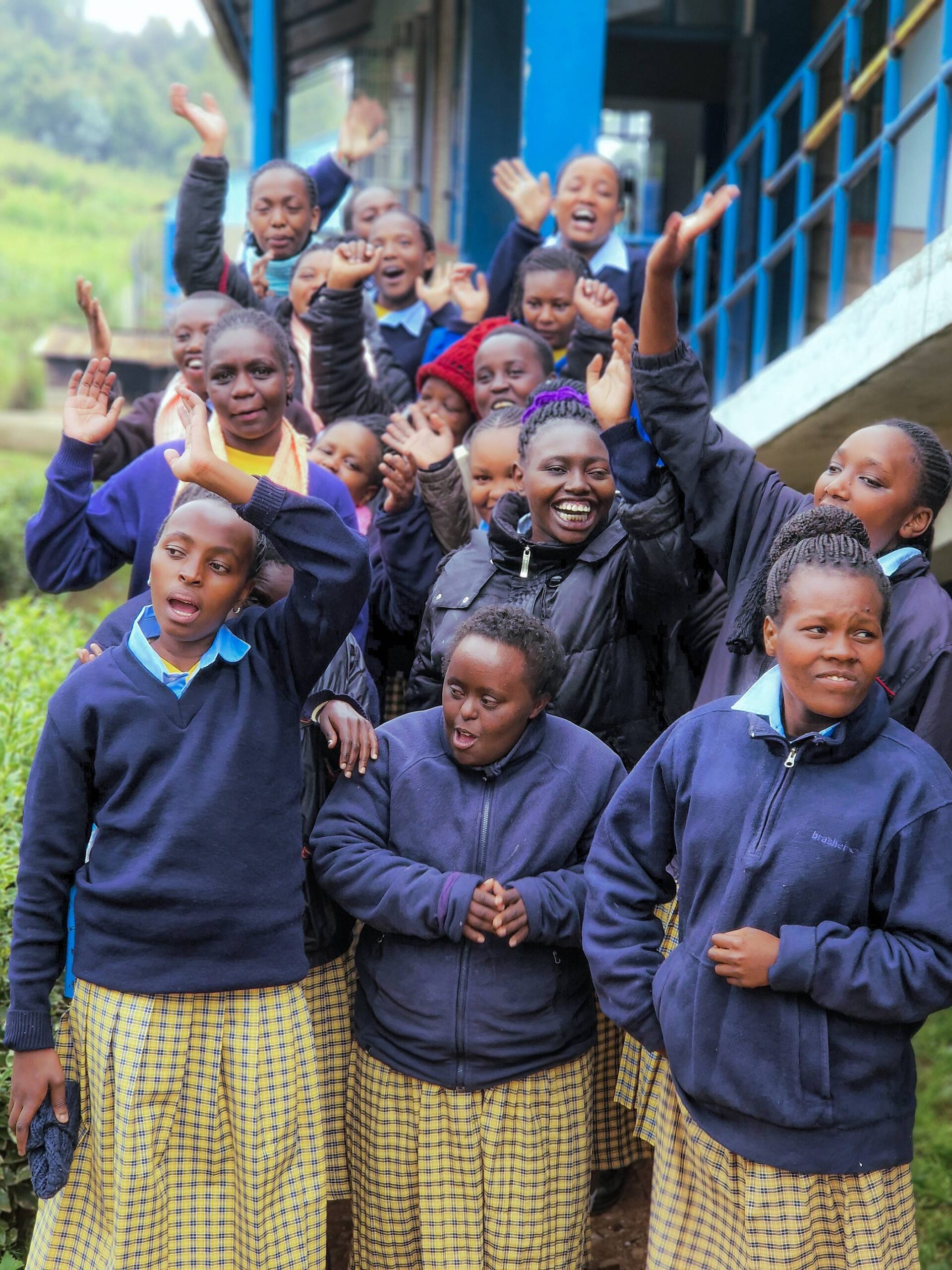Background
People with Disabilities in Kenya: Challenges and Solutions
According to the WHO, people with disabilities make up 15% of the population in Kenya. Among them, 60-70% have intellectual disabilities, which amounts to approximately 2.9 million people. Many Kenyans live below the poverty line, leading to hunger, malnutrition, and a lack of access to medical care. These conditions increase the risk of brain-related disorders.
Unfortunately, individuals with intellectual disabilities are often stigmatized. Some view them as a curse or linked to witchcraft, causing families to sometimes hide or even confine them. Abuse, rejection, and isolation are common issues, which can also impact the family socially. Despite these challenges, most people with mild or moderate disabilities can develop their talents if given the right opportunities.
In Kenya’s education system, young people with intellectual disabilities often fall through the cracks after the age of 15. They are considered too old for primary school and are unable to attend regular secondary education, leaving them at home. This lack of further education highlights the need for training centers like the Marianne Center.


Marianne Center: A Chance for a Better Future
Marianne Center Foundation in Kenya was established in 2008 and officially began training young people with intellectual disabilities (ages 15–50) in Nairobi in 2010. The center provides a space for these individuals to develop skills and bring hope to themselves and their families. Named after the daughter of the secretary of the Dutch foundation, the center strives to create opportunities for a promising future for everyone with intellectual disabilities in Kenya.